Opening the training program, Mr. Pham Hong Quat - Director of the Department of Science and Technology Startup and Enterprise presented the topic "State management of creative startups and science and technology enterprises".
Mr. Pham Hong Quat said that the legal framework for science and technology enterprises and creative startups is being completed in sync with the promulgation of the Law. Science, Technology and Innovation Law 2025, for the first time, integrates the mechanism to encourage innovation into the science and technology development policy. The law identifies science and technology enterprises as the pioneering force in research, development, technology transfer and innovation, with priority in terms of land, tax, research infrastructure and trade promotion. Currently, the country has about 950 science and technology enterprises that have been granted certificates, but the rate of enterprises actually enjoying incentives is still low due to inflexible administrative procedures and coordination mechanisms.
According to Mr. Pham Hong Quat, in order to develop the force of science and technology enterprises, it is necessary to promote decentralization of management, giving all the authority to receive, appraise and grant Science and Technology Enterprise Certificates to the provincial Department of Science and Technology. This will help shorten the time for processing dossiers, increase the initiative of localities and create favorable conditions for enterprises. At the same time, it is necessary to continue to improve preferential policies on tax, land, credit and strengthen the mechanism to honor typical science and technology enterprises. Mr. Pham Hong Quat affirmed that science and technology enterprises must become the "shock force" of the knowledge economy .
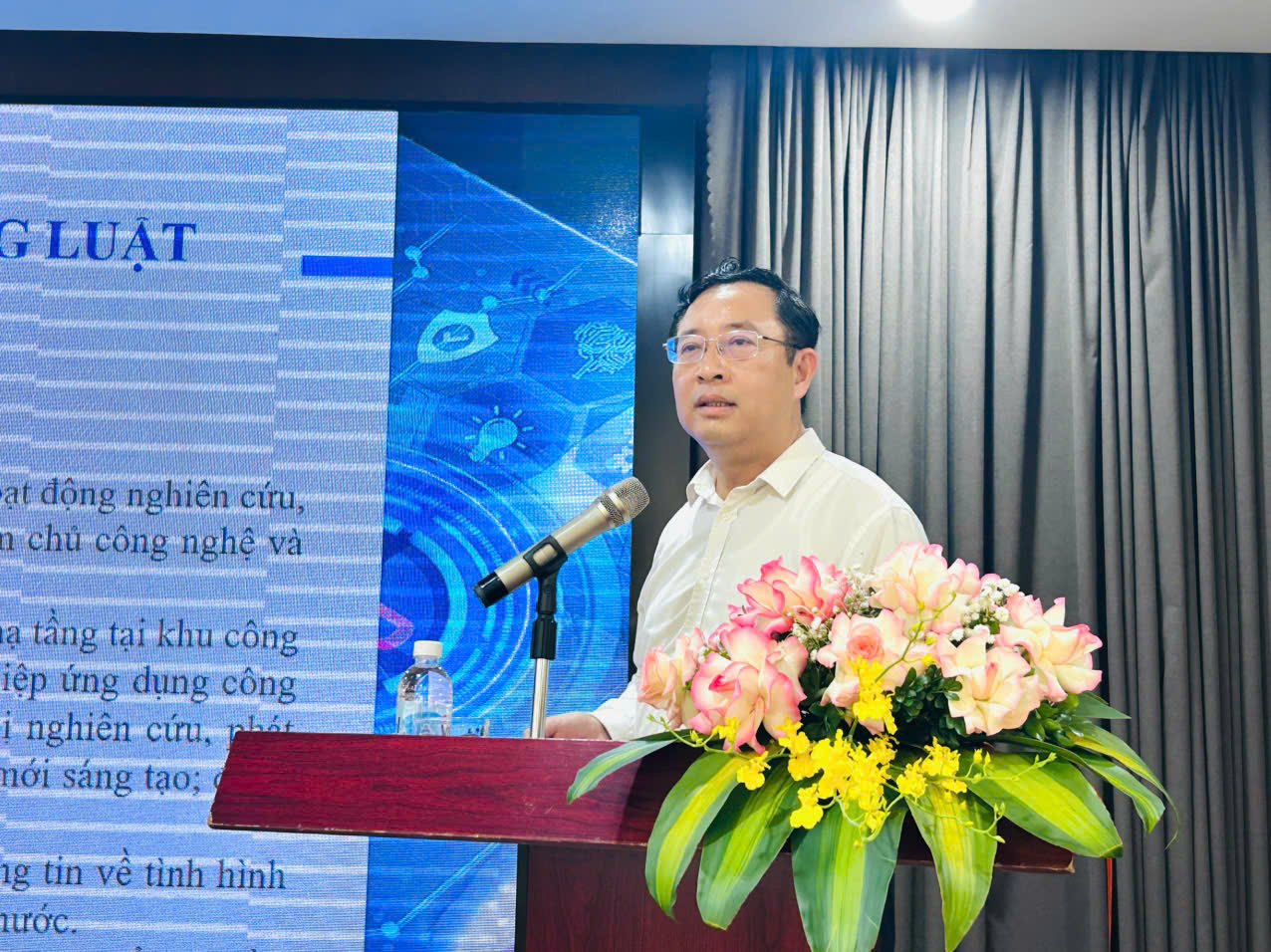
Mr. Pham Hong Quat presented a paper at the Conference.
Presenting the topic "State management of intellectual property (IP)", Mr. Tran Le Hong - Deputy Director of the Department of Intellectual Property said that Vietnam's IP legal system is increasingly perfect, compatible with international treaties and commitments in new generation free trade agreements.
In particular, Decree No. 132/2025/ND-CP and Decree No. 133/2025/ND-CP dated June 12, 2025 of the Government have marked a turning point in the decentralization and decentralization of state management of science and technology, in which the field of IP is given great authority to localities. Specifically, the Provincial People's Committee is delegated 6 tasks including: Recording organizations and individuals qualified to practice IP representation services; deleting the names of representative organizations and individuals; deciding on compulsory transfer of patent rights; processing applications for registration of contracts for transfer of rights to use IP objects. At the same time, localities are also delegated 9 tasks such as: Issuing and re-issuing protection certificates and certificates of registration of transfer contracts; organizing inspections of representative and appraiser skills; issuing and revoking practice certificates and IP appraiser cards. This is an important step forward, helping to shorten administrative processes, increase initiative and improve the effectiveness of supporting businesses and people in accessing intellectual property protection services.
Mr. Tran Le Hong added that the upcoming Law amending and supplementing a number of articles of the Intellectual Property Law will focus on five policy groups: Supporting the creation and commercial exploitation of intellectual property objects to promote innovation; simplifying administrative procedures; improving the effectiveness of intellectual property protection; ensuring full implementation of international commitments; and promptly updating new issues in intellectual property protection in accordance with Vietnam's socio-economic development level. Mr. Tran Le Hong emphasized that the world is shifting from "protection" to "commercial exploitation of intellectual property", and Vietnam needs to move quickly on that path to turn creativity into assets, and assets into development drivers.
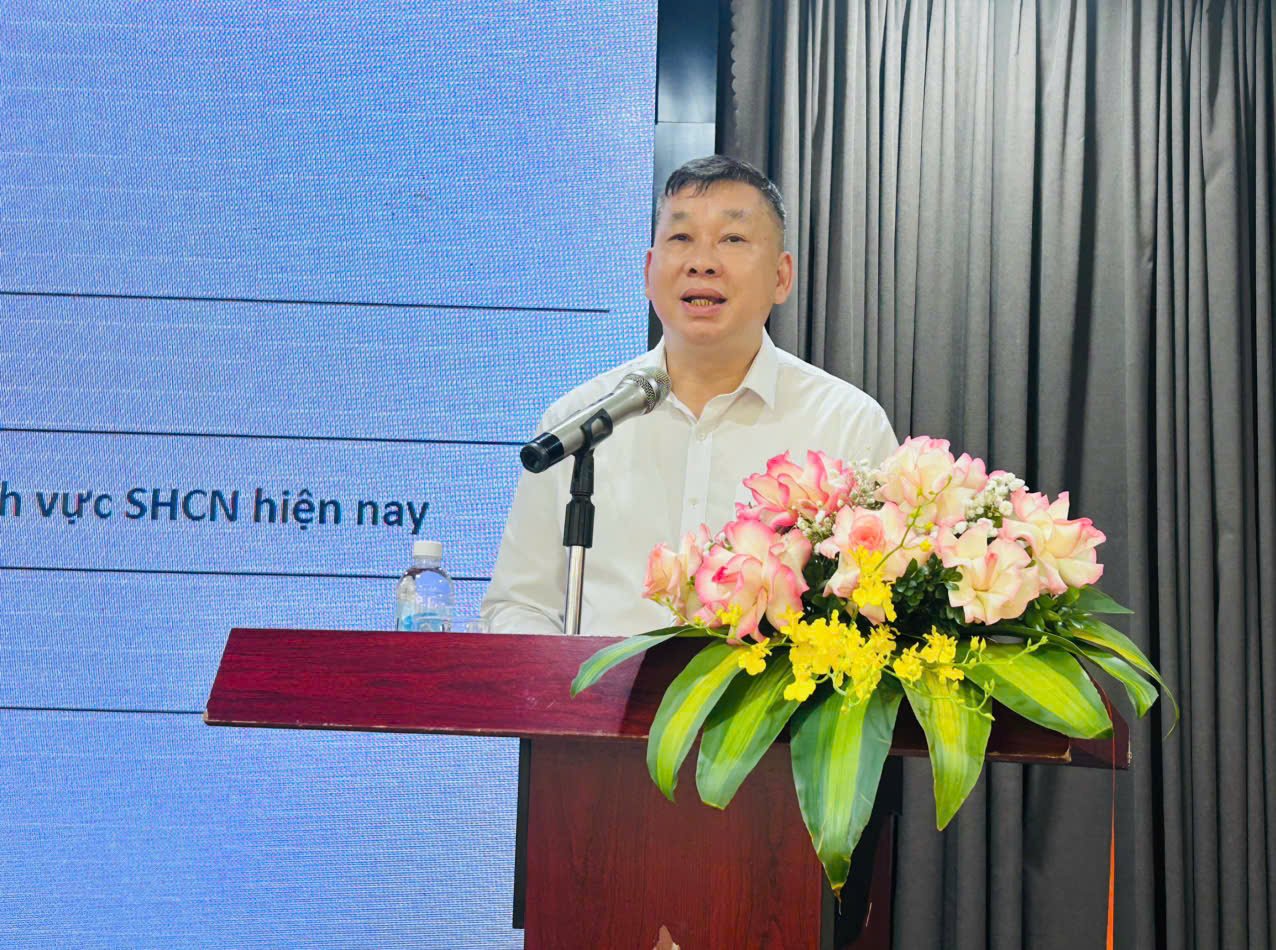
Mr. Tran Le Hong presented a paper at the Conference.
The third topic was presented by Mr. Nguyen Sy Dang - Deputy Director of the Department of Technology Assessment and Appraisal with the topic "Technology management at the local level".
Mr. Nguyen Sy Dang said that the Ministry of Science and Technology is developing a draft law amending and supplementing the Law on Technology Transfer in 2017, focusing on six major groups of contents, including: Expanding the scope of regulation to cover new technologies, green technologies, and digital technologies; supporting the transfer of endogenous technologies and commercialization of research results; developing a professional and transparent science and technology market; creating financial, institutional, and legal incentives for technology transfer activities; strengthening control of cross-border technology transfer to both ensure technology security and promote international cooperation; and improving the capacity of state management, monitoring, and measuring the effectiveness of technology transfer.
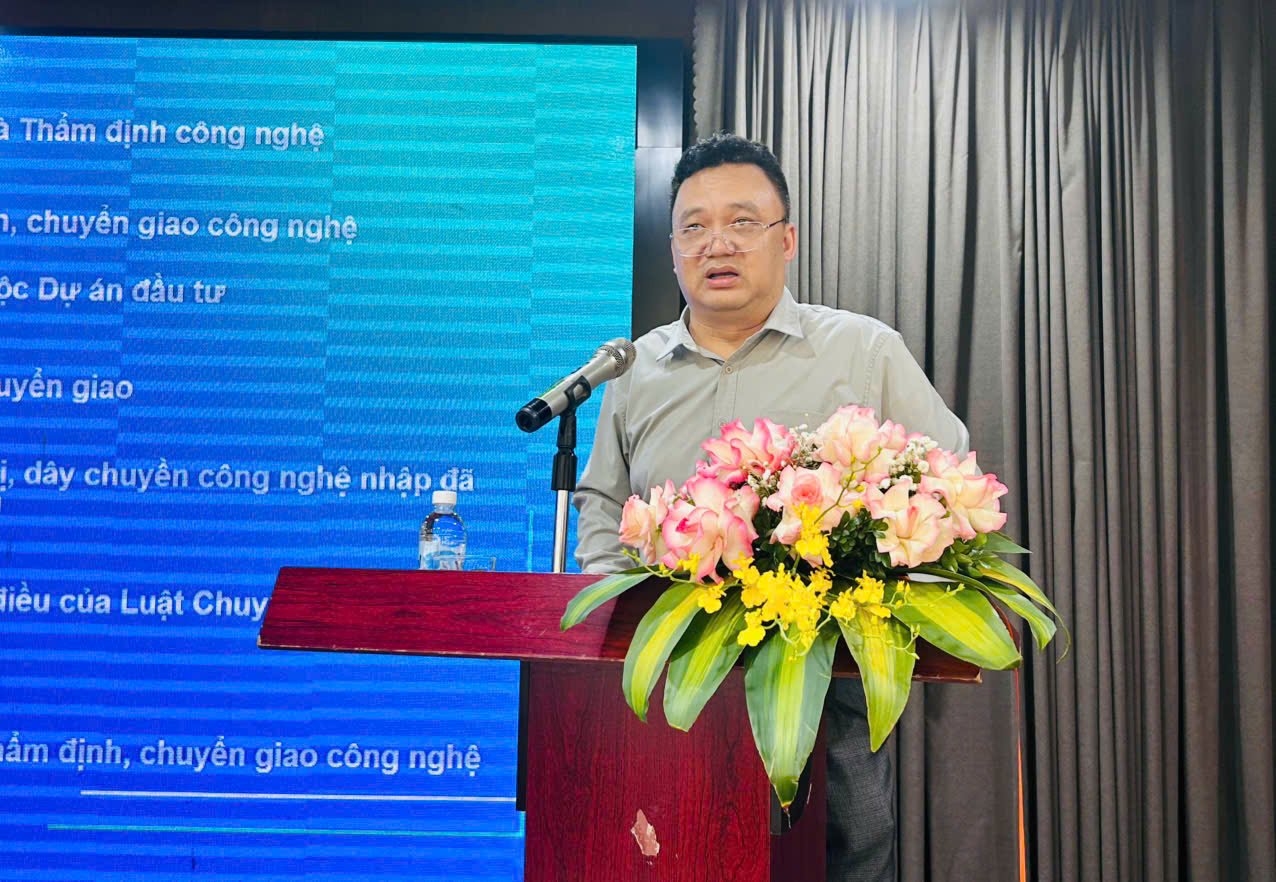
Mr. Nguyen Sy Dang presented a paper at the Conference.
At the Conference, Mr. Chu Thuc Dat - Deputy Director of the Department of Innovation Presenting the paper "State management of innovation and certification of high-tech activities".
Mr. Chu Thuc Dat affirmed that the Law on Science, Technology and Innovation 2025 is an important milestone when, for the first time, innovation is placed on par with science and technology in the national legal framework. The Law clearly stipulates that innovation activities from research and technology development to product commercialization, creative startups and business model innovation are all supported by the State with policies, resources and flexible management mechanisms.
Mr. Chu Thuc Dat pointed out: The task of science and technology focuses on creating new things, while the task of innovation aims to bring existing things into life, through commercializing products, innovating technology and improving productivity and quality in enterprises. Therefore, the management method needs to strongly shift from "pre-control" to "post-control", taking application efficiency as a measure, while simplifying procedures and increasing initiative for enterprises and localities.
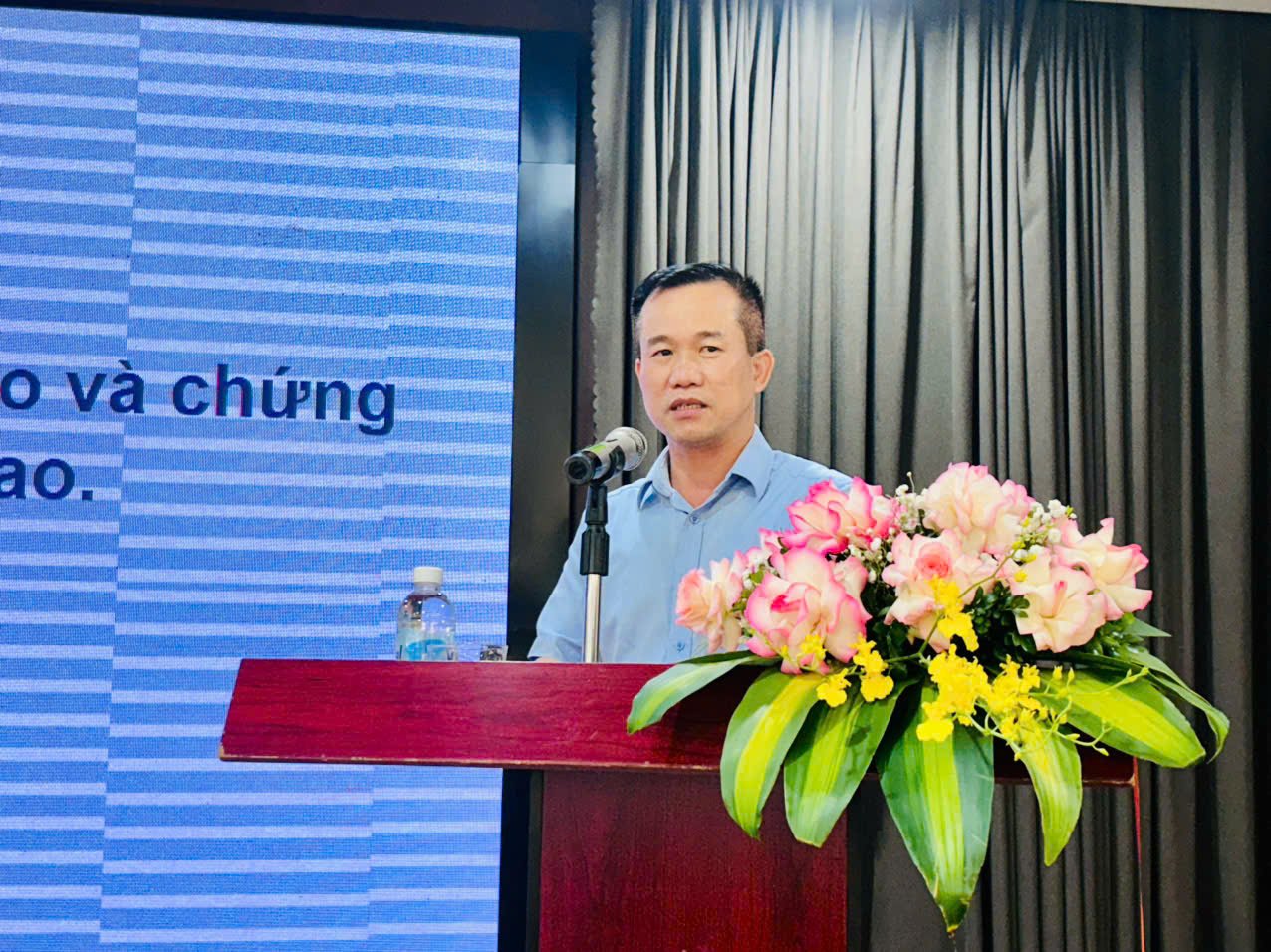
Mr. Chu Thuc Dat presented a paper at the Conference.
The training conference on state management of science, technology and innovation has clearly demonstrated the determination to innovate from within management to create momentum for innovation. When the institution is transparent, the apparatus is decentralized, and businesses and localities are empowered to take the initiative, science, technology and innovation will become the foundation for an economy that develops based on knowledge and technology.
Source: https://mst.gov.vn/doi-moi-tu-duy-quan-ly-mo-duong-cho-khoa-hoc-cong-nghe-va-doi-moi-sang-tao-phat-trien-197251014204917136.htm


![[Photo] Ready for the 2025 Fall Fair](https://vphoto.vietnam.vn/thumb/1200x675/vietnam/resource/IMAGE/2025/10/14/1760456672454_ndo_br_chi-9796-jpg.webp)




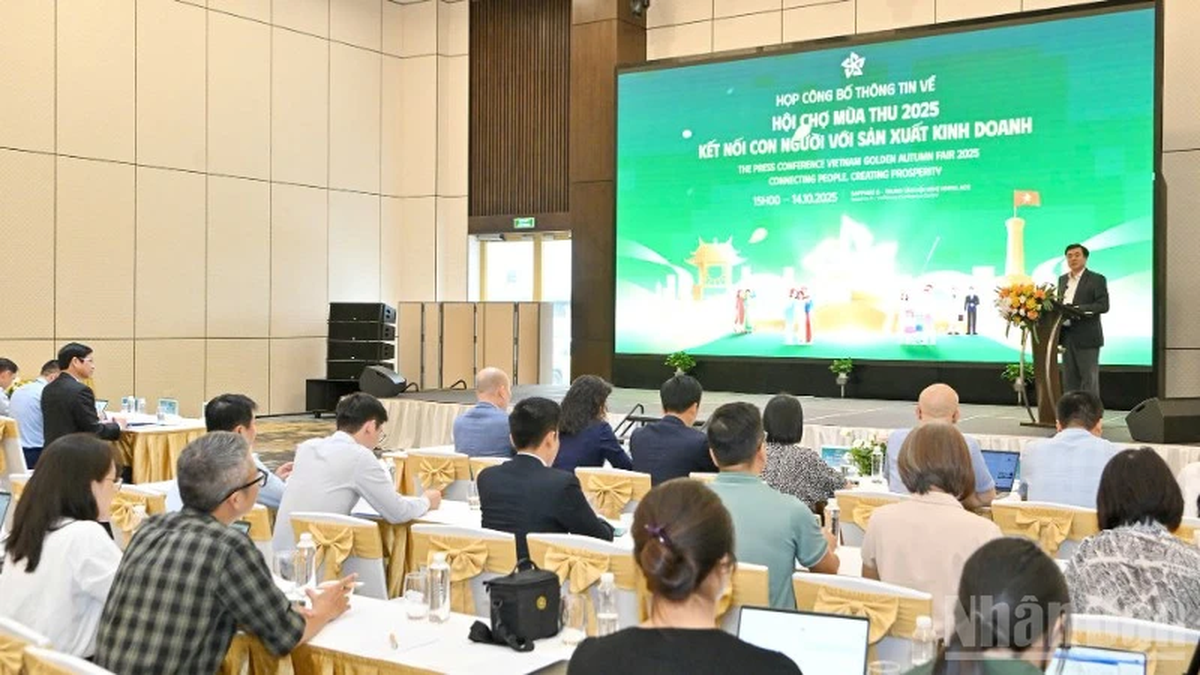
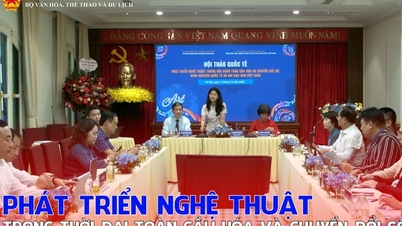

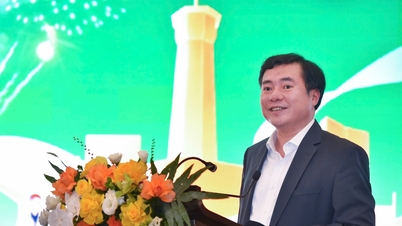


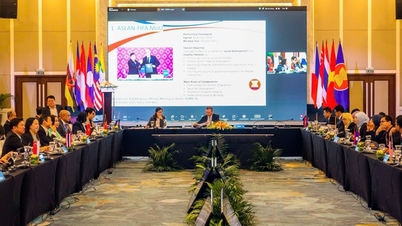
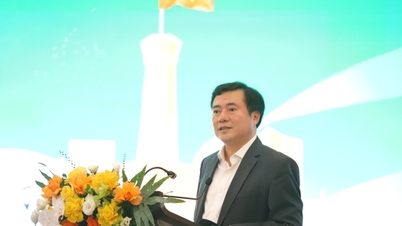
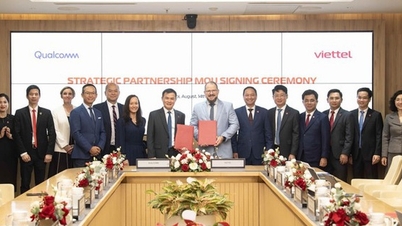




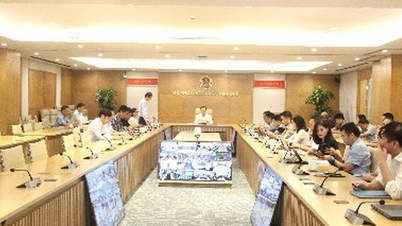
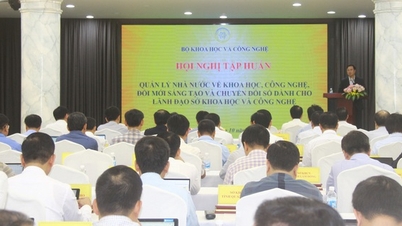
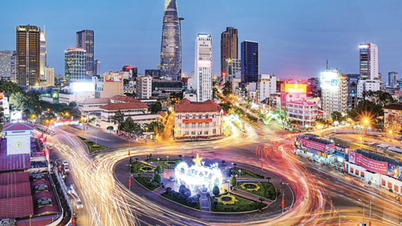
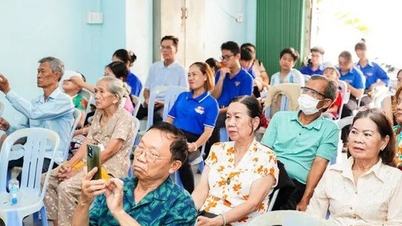
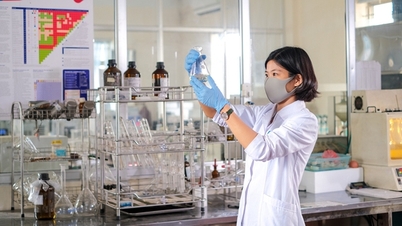
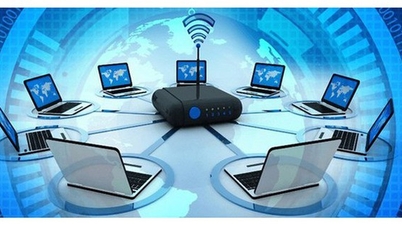

























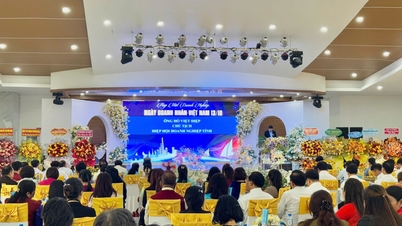
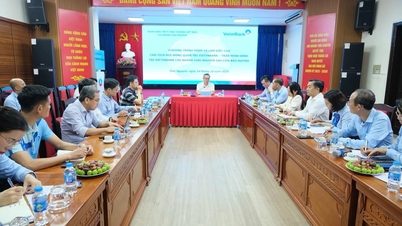











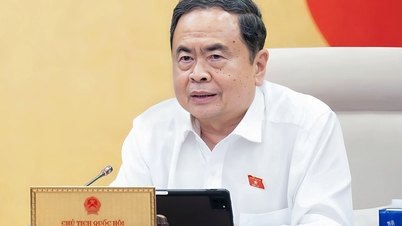
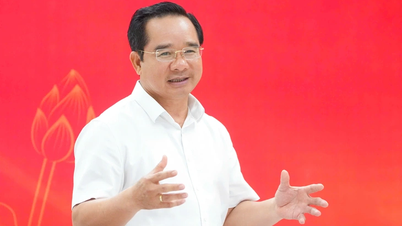


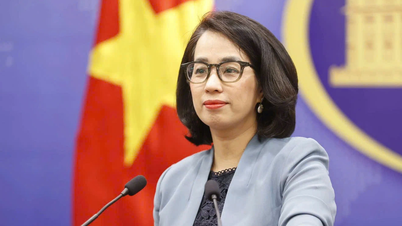

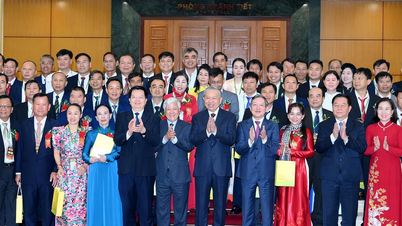

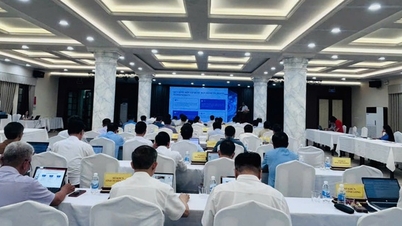
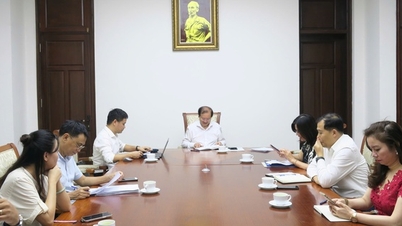


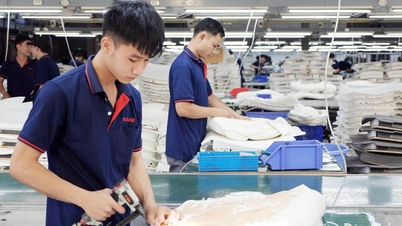



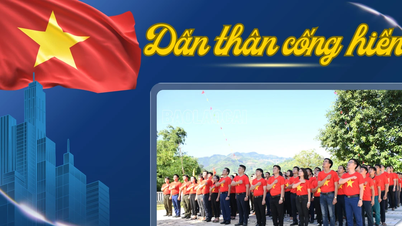

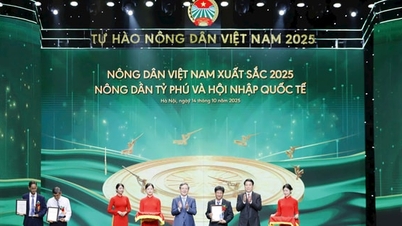














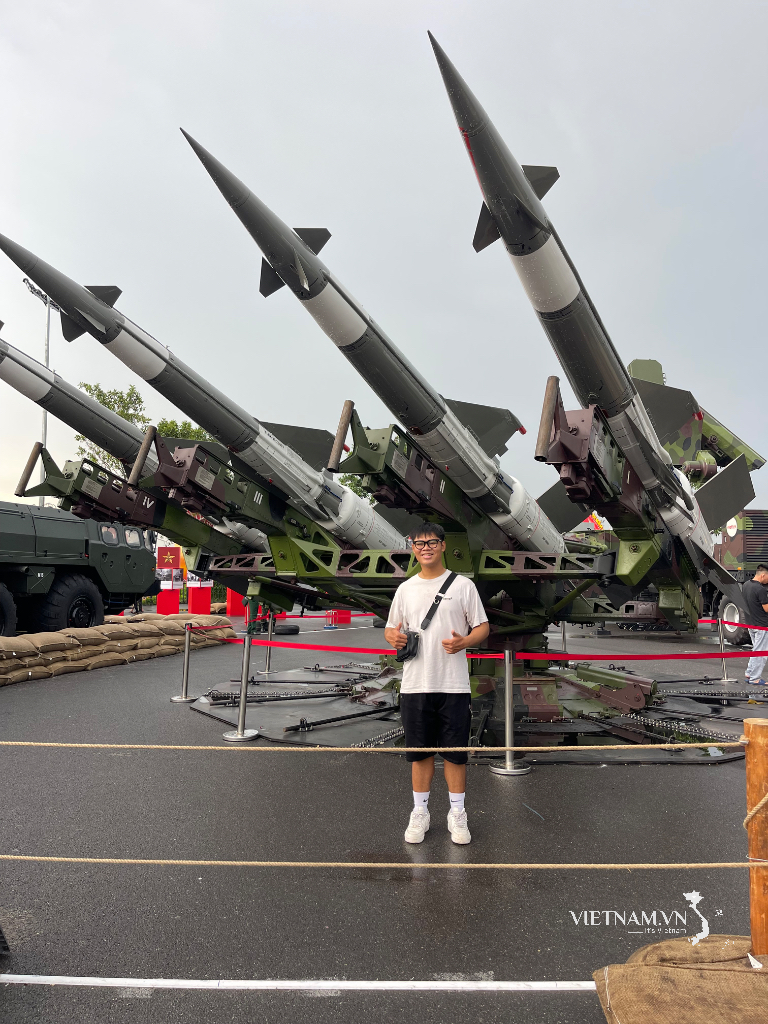
Comment (0)